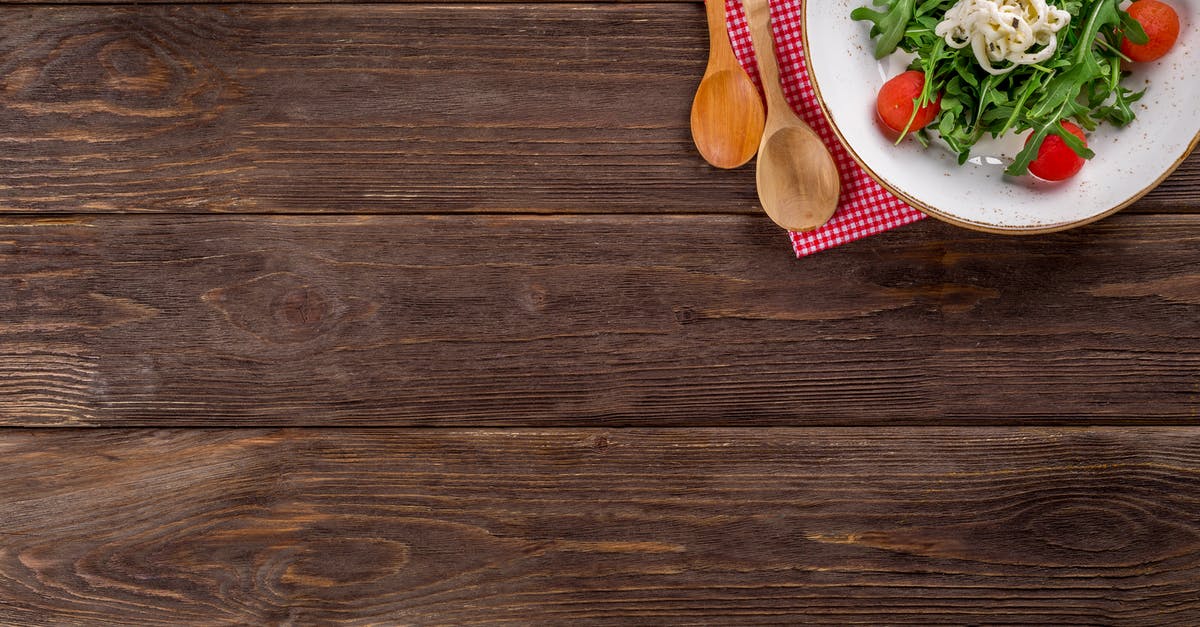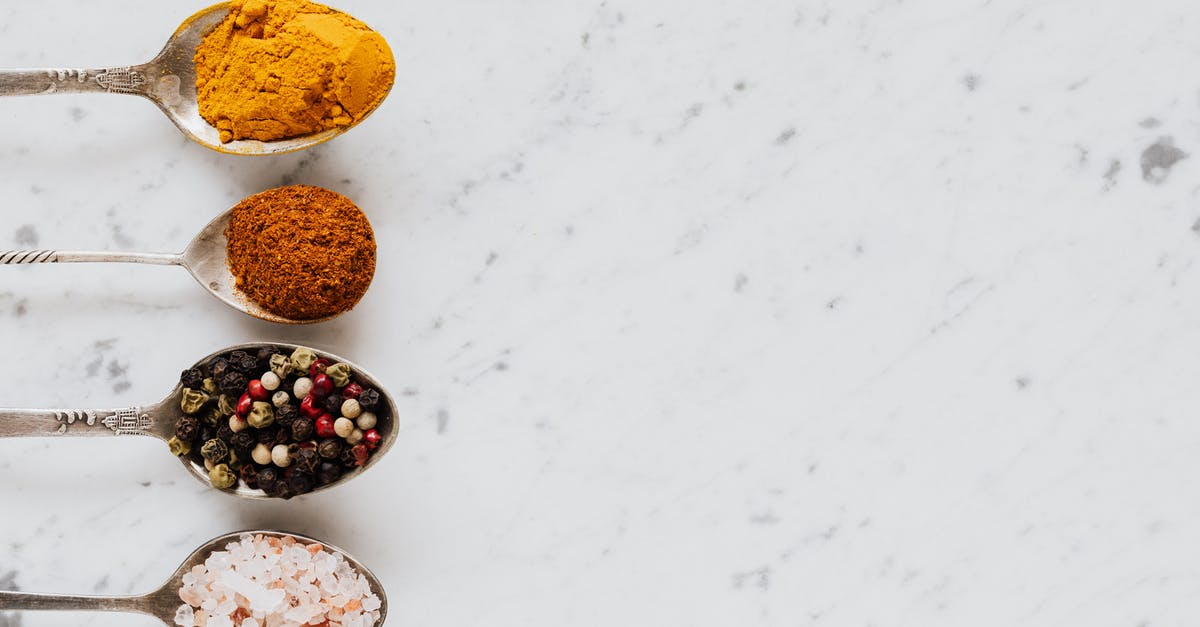How easily can table salt be contaminated?

In Alton Brown and The Food Lab Play With Chicken, Alton Brown (jokingly?) chides J. Kenji Lopez-Alt for touching raw chicken right before pinching salt from a tub.
AB: So it's okay to put your hands on the chicken and then stick em back in the salt. Okay, also noted. Good sanitation procedures.
JKLA: What's going to live in the salt?
AB: Nothing's going to live in the salt at all. I'm just giving you crap.
Is it true that nothing is going to live in the salt? Practically, how likely is it for salt to become unsafe for consumption through unsafe sanitation procedures?
As far as I know, there are organisms which can thrive in saline environments, but extreme halophiles are found in solutions of 20 to 25% salinity, not crystalline NaCl. Would mold be a concern? Perhaps the amount of time between contamination and use would make a difference? Does it matter if the salt is granular or in a solid block?
Best Answer
No foodborne illness is going to be able to live in pure salt, in fact even low concentrations of salt will kill most foodborne illness organisms - which is why salt is used as a preservative. However, that does not mean that it's a good idea to touch the salt with contaminated hands because:
- You could contaminate the container the salt is in, anyone touching the container could pick up the illness and transfer it to themselves or the food
- If there was a significant piece of food stuck to your hands when you touch the salt the piece could fall off into the salt, and any part of it which does not come in direct contact with the salt could remain contaminated. If you came into contact with that piece you could pick up the contamination
- From a non-safety perspective, getting chicken juice in your salt is going to make it stick together and get nasty because of the moisture
When I prepare a chicken for baking I do the same thing - I pour salt and spices in a bowl and then pinch it out of that bowl before rubbing it on the skin. When I'm done I throw out any remaining mix and wash the bowl. When filming a show like the food lab they do the same thing - everything is going to get cleaned afterwards, so if the bowl got contaminated it doesn't really matter and the salt is not going to be re-used.
The takeaway from this is that it was fine in the food lab, but it would not be fine at home if your were using your main salt container.
Pictures about "How easily can table salt be contaminated?"



Quick Answer about "How easily can table salt be contaminated?"
90% of table salt is contaminated with microplastics, according to a new report. New research suggests the average adult ingests about 2,000 microplastics per year.Can salt be contaminated bacteria?
Though bacteria can't live for more than a few minutes in direct contact with salt (which quickly dehydrates bacteria, leading to cell death), it can live on the edges of a box or shaker.Can you leave salt exposed?
More bacteria can live in hot water than can live in pure salt. So there's no need to worried about leaving salt uncovered. However, you can throw a lid or something on to keep the dust off. But if that's not the case, it's you can leave your salt uncovered too with any worries; it can't expire.What are the contaminants in salt?
Lead, cadmium, mercury and arsenic are the most important heavy metals which may cause health risks following consumption of contaminated foods. Table salt is one the mostly used food additive with unique place in food consumption.Are salt pigs hygienic?
The concept of a salt pig feels European in the way of unrefrigerated eggs, or pitchers of drinking water left out on the counter to dechlorinate. Salt is a mild antiseptic\u2014think warm salt-water rinses for a sore throat\u2014and reduces the amount of water in an environment, which can hinder bacterial growth.table salt dissolves in water
More answers regarding how easily can table salt be contaminated?
Answer 2
As stated, you are not going to contaminate the salt with foodborne biological pathogens, just not going to happen. We value salt as a flavor and flavor enhancer, but for ages it has been valued as a curing and preserving agent.
That does not make it OK to fail to practice safe food handling procedures with it in my mind. Safe procedures are a regime and failure in one area promotes lax behavior in all areas. Next, a person is using soiled rags, reusing utensils, etc.
Alton is sometimes also an odd bird in the messages he sends at times. On one show or in one interview he will state things with a ultra conservative message such as being especially strict with hygiene, insisting on pasteurized eggs, etc. Then he will do shows like Cutthroat kitchen which involves stunts which many times promote poor food hygiene during preparations like limiting a contestants utensils forcing cross-contamination. His point of view tends to change according to whatever point he is trying to convey at that moment. AB is a TV cook who often rails against serving under cooked chicken, however I recall years ago an interview with him and a panel of chefs in which all of them stated in culinary school, they had all been ordered to eat raw chicken as a lesson that in a restaurant, if any item was not high enough quality for them to eat a small amount raw without killing themselves, it was not high enough quality for them to be cooking it and serving it to guests.
Sources: Stack Exchange - This article follows the attribution requirements of Stack Exchange and is licensed under CC BY-SA 3.0.
Images: Ylanite Koppens, Pixabay, Ylanite Koppens, Karolina Grabowska
